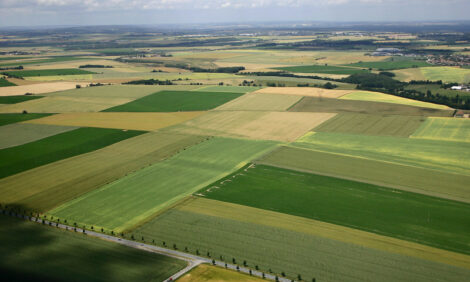



Beef Farmers 'Cautiously Optimistic' On U.S. Ban
CANADA - Canada's beef farmers are continuing to suffer the effects of a BSE crisis but some good news could be on the horizon, says a local director with the Canadian Cattlemen's Association."There may be some good opportunities for beef farmers again in the future," said Athens-area farmer Kim Sytsma, assessing the long-term prospects in the industry.
But there remain many hurdles for cattlemen still attempting to recover from a U.S. ban on Canadian beef imposed in May 2003 after authorities diagnosed an Alberta animal with mad cow disease.
"We're still losing $1.1 million a day (in sales) to the U.S., so it's still a crisis," said Sytsma.
Last July, the United States lifted the ban on Canadian cattle under 30 months old.
This year, U.S. politicians will begin to consider allowing breeding stock and older cattle into the country in the face of what Sytsma expects will be a vigorous lobby against the move by parts of the U.S. beef industry.
Although the glut of cattle on this side of the border continues to depress the industry, Sytsma is hoping for good news from the U.S. discussions, but not before the fall.
"If everything goes tickety-boo, we'll have some reason to be cautiously optimistic."
She said cattle sales to other countries are picking up a bit while the Canadian consumer has stepped up the dinner plate big-time to lend support to the industry.
"Canada is the only country in the world where consumption of beef has increased during a BSE crisis," she said.
Still, Sytsma expects little relief for the beleaguered industry in the near future.
She said it remains susceptible to "glitches" such as the rising Canadian dollar and the implementation of Ontario's Clean Water Act, which is expected to impose additional costs on farmers.
"We're not against clean water. We're just against uninformed regulations."


